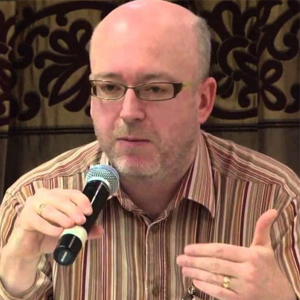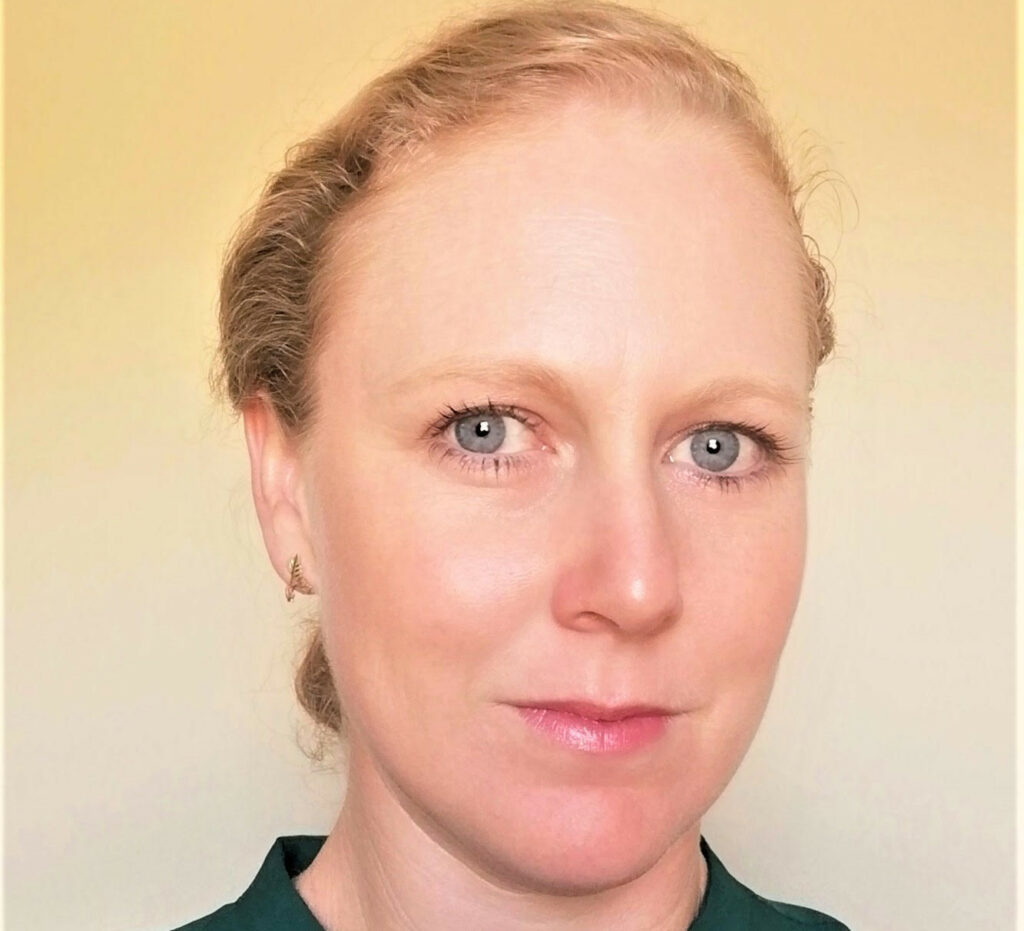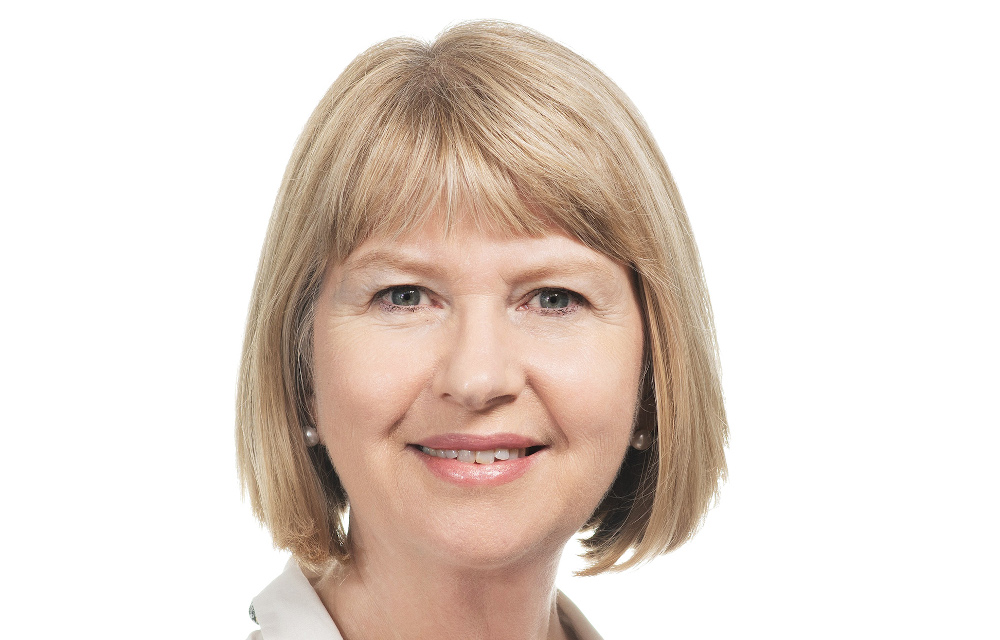Shenilla Mohamed, Executive Director of Amnesty International South Africa
This Mail & Guardian webinar was sponsored by Amnesty International South Africa. It featured as speakers Iain Byrne, Researcher and Advisor, Amnesty International; Professor Ann Skelton, Advocate at the Centre for Child Law and member of the UN Committee on the Rights of the Child; Amanda Edwards, Education Researcher and Performance Analyst for the Public School Partnerships Programme; and Shenilla Mohamed, Executive Director of Amnesty International South Africa.
The flaws in South Africa’s education system are systemic and profound and have been well documented by organisations such as Amnesty International for years. But the gap between schools with access to computers and the internet and those without has widened since the Covid-19 pandemic took hold. Millions of children are at risk of dropping out of the system altogether. This may be the time to address the gaps in the education system, find out what has worked since the pandemic began, and apply the lessons learned.
 Iain Byrne, Researcher and Advisor for Amnesty International
Iain Byrne, Researcher and Advisor for Amnesty InternationalThe webinar was introduced by Shenilla Mohamed, who introduced the panelists Ann Skelton, Iain Byrne and Amanda Edwards. Byrne spoke about the report that Amnesty International launched on Monday 15 February. He asked how South African schools can guarantee safety for children during the pandemic when classrooms are over-crowded and many schools don’t have running water. He did, however, acknowledge that the government faces many challenges. The risks of deepening inequality will have repercussions for generations to come. About 600 000 children at primary school were unable to study and have effectively dropped out, while more than 1 700 teachers have died from Covid-19.
The government has made some advances in getting children online, but only 10% of South Africa’s children have access to the internet, and just 20% have a computer at home. “There is a sort of ‘double-whammy’ for many kids who have missed a year of school,” said Byrne, “and now that they are returning, the schools are not geared up to properly protect them, with adequate PPE or sanitation, in addition to lack of basic infrastructure. These problems have been well documented by several NGOs, but are the funds meant for schools being diverted to propping up SAA? Pit toilets are illegal, and many promises have been made to eradicate them, but they are still there, although they are illegal.” Buildings are falling apart, and this is documented in the Amnesty report. A survey conducted by teacher unions revealed that many principles don’t feel safe about reopening. Mohamed said the report is available on the Amnesty website.
Skelton said the report shows more of the “old normal”, but with added risk: not being able to wash your hands can now have fatal consequences, for instance. Existing inequalities are being exacerbated. Perhaps this is a moment for activists to take action, but one cannot, for instance, expect nobody to return to school until all schools have decent sanitation. However, there are good grounds for demanding better sanitation, and this may be the moment to address the problem of overcrowded classrooms. “SAA is not a priority right now — fixing poor schools is,” said Skelton. “With more than 72% of schools having no internet, to not act now could be a huge missed opportunity, a failure of imagination. We have to build on this opportunity, because the time to act is now.”
Byrne said the government has to start doing things in a different way, and it’s the job of civil society to put pressure on government to make these changes. Kids are just not getting a decent education, and that’s the bottom line. Are the kids who are not in education now never going to be able to get back in? The old issues have been around for decades, but there is now even more urgency required.
Edwards said the report provides the facts for those who wish to “hold government’s feet in the fire”. We have all had to pivot in this crisis, and it has showed the enormous resilience of teachers and learners to adapt. Building new partnerships is essential, such as finding ways to get remote learning to poor schools. Some people have gone beyond the call of duty, such as teachers who have delivered food parcels and provided social support. Most importantly, good quality, timely data must be collected, to provide evidence of the status quo, and what systemic problems exist that need addressing.
 Amanda Edwards, Education Researcher and Performance Analyst for the Public School Partnerships Programme
Amanda Edwards, Education Researcher and Performance Analyst for the Public School Partnerships ProgrammeA question came from the audience, about how the dire state of education was barely mentioned in President Cyril Ramaphosa’s state of the nation address. Skelton replied that the latest Amnesty report adds to the already large body of information about the state of education, but this may be the time to engage with the key planning units within the presidency. She said that in her time spent in legal issues, she has seen government fail to act upon several orders, perhaps though recalcitrance, or perhaps through incompetency, but it is seldom because there is a lack of money. The issue is more a lack of capacity; even when government commits to something such as getting rid of mud schools, it hasn’t. We have to find out why. To do this, we must examine where there are pockets of success, for instance in rapid delivery of water or toilets or nutrition schemes to schools during the pandemic, and replicate them. Even when we have victories in court, the taps are still not open.
Byrne agreed, and said instances of good practice must be found and replicated. We must learn from other countries in this regard. Some measure of accountability must be introduced, otherwise it’s just a vicious circle that is perpetuated, of going to court, winning, but then nothing happens. Perhaps courts should monitor progress made on issues on a six-monthly basis.
Edwards said often there are well-written documents on education, but they are followed by poor implementation. Those who are suffering on the frontline, such as teachers and school governing bodies, should be able to push back and hold those higher up in the chain to account. Schools are not just a “nice to have” thing; they are places of social safety, and nutritional support systems. They are a top priority.
A question came in: if you were able to push a reset button on five aspects of education in this country, what would these be? Skelton responded by saying that there has been good research done by Nic Spaull on binding constraints. The first is teacher knowledge, and second is teacher absenteeism. Quality education starts there. Infrastructure is of course very important: you have to have electricity and the internet, but you also have to include human dignity in the equation. Safe learning spaces for children are also essential.
Bryne said that all these aspects must combine: his own son’s school in London was rebuilt and has won architectural awards, but the quality of teaching since then has not matched up. Effective governance is crucial, but a holistic approach must be applied to all aspects of learning, from scholar transport to the homework environment to teacher training, so there is no hierarchy really. Leadership is also something that can turn a school around.
 Professor Ann Skelton, Advocate at Centre for Child Law and member of the UN Committee on the Rights of the Child
Professor Ann Skelton, Advocate at Centre for Child Law and member of the UN Committee on the Rights of the Child
Passionate teachers are also very important, said Edwards. The top-down bureaucratic system must change; those at the bottom have become numbed, they don’t have a voice, so there is no flexibility or creativity. Covid-19 has shown that if we do things differently, we can achieve some pretty remarkable things. Digital means we can enable multiple partnerships that can be used to create change rapidly and effectively.
Does the report consider the emotional state of the children since the pandemic began, asked an audience member. Byrne said this is an important issue: the first report had more children’s testimonies, but these were harder to collect with the advent of the pandemic. He said that he thinks children have suffered a lot, and wonders what measures have been put in place to help kids cope as they return to school. Skelton said one of the biggest factors is the sense of uncertainty: for instance, when are they going back to school? Children all over the world are experiencing this.
Edwards said this issue is extremely important: there are three epidemics: financial, the closure of schools, and mental breakdown. We can’t just look at improved school infrastructure, we have to also address children’s mental wellbeing. Some schools have had to employ two or three extra social workers to deal with kids’ anxiety.
Why are so many teachers absent from class, asked a viewer? Skelton said one possible factor was that schools that have no toilets for children also don’t have them for teachers. She related how, at one school, some teachers would do a four-hour day and then leave before they had to use a pit latrine. Edwards said the quality of the teaching environment is extremely important: who wants to teach 100 kids in a leaking classroom, with no toilet? Leadership is so important in this regard, too. If the principal is running three businesses on the side, it will certainly discourage the other staff. Byrne pointed out that you can’t resolve the issue of absenteeism if you don’t understand what’s causing it. A poor teaching environment doesn’t help.
Another questions asked was, “What role can people play as activists, to make a difference in the community?” Skelton said the ANC has given school governing bodies (SGBs) quite a lot of power, and they are quite effective in richer schools, but this doesn’t apply as much in poorer schools. That said, these bodies can be very powerful if they choose to make a stand; perhaps if more stood up and demanded an end to poor infrastructure it would help! We can all add our knowledge.
Edwards said people should know their social resources and what there is in their communities. Keep records about what gaps there are, know what your mandate is as a SGB, share knowledge and don’t underestimate your power to drive change. Bryne said he was very impressed by the volunteer bodies, such as SGBs in South Africa, but they need to be supported more. “We need to remind the government that decent education is a right. Kids are only at school for a few years, and if they miss out then, that opportunity is lost,” said Byrne. Mohamed concluded by saying that everyone involved must keep pushing until the necessary changes are made.